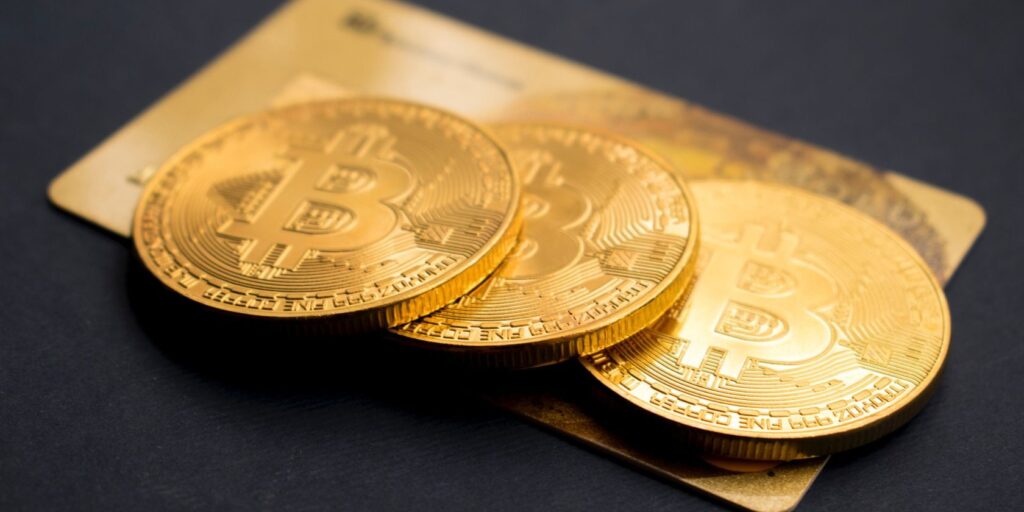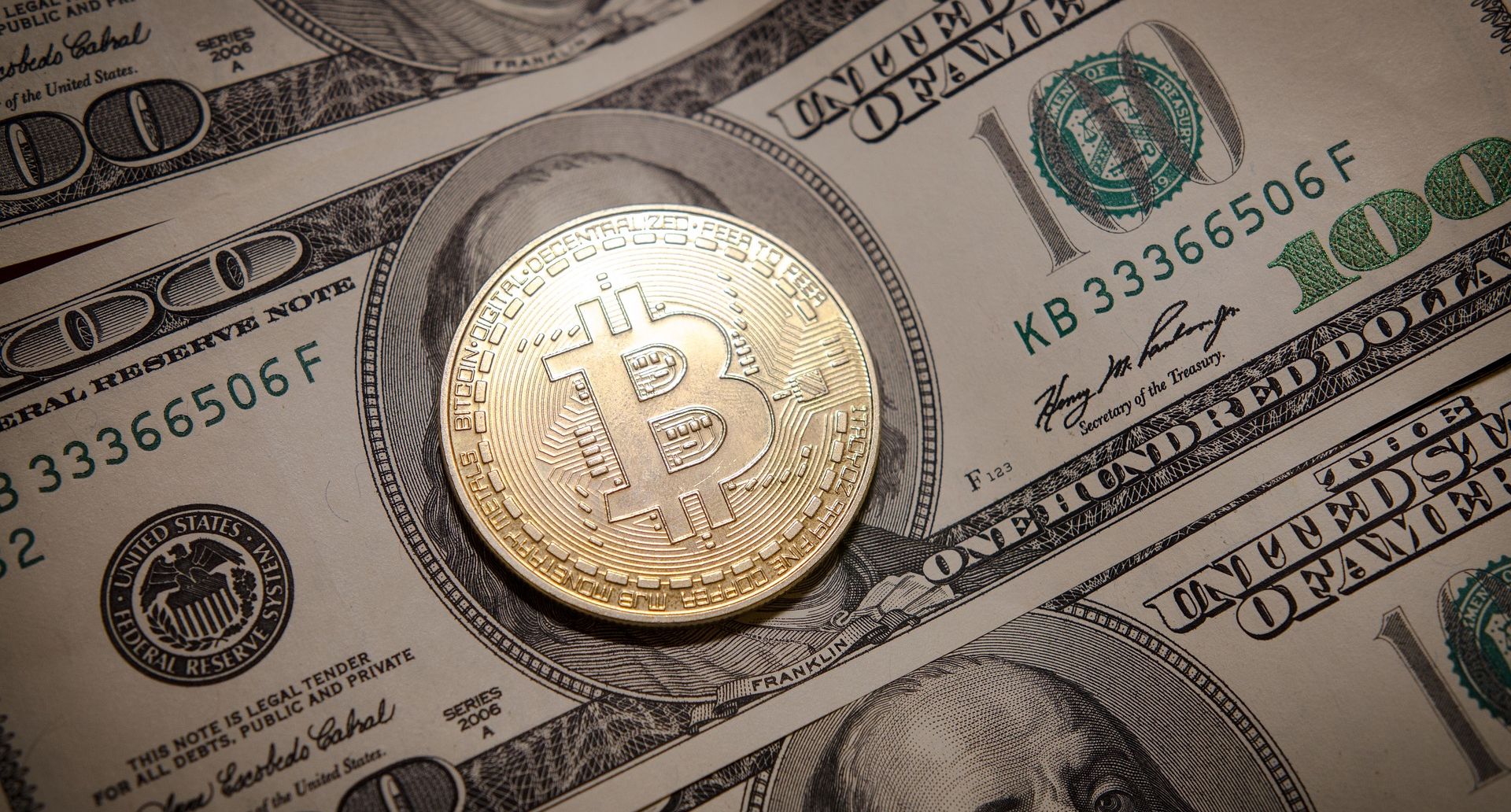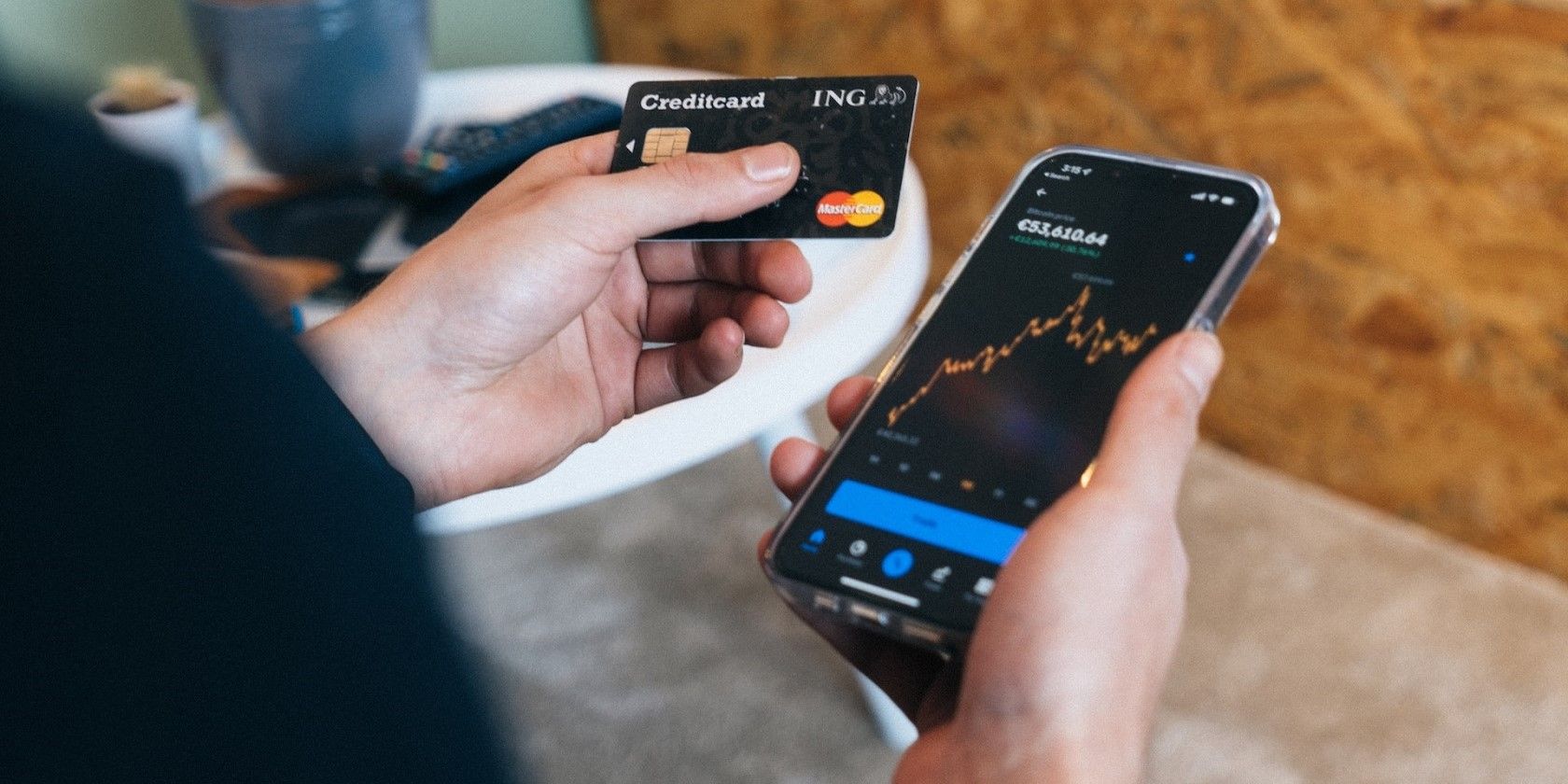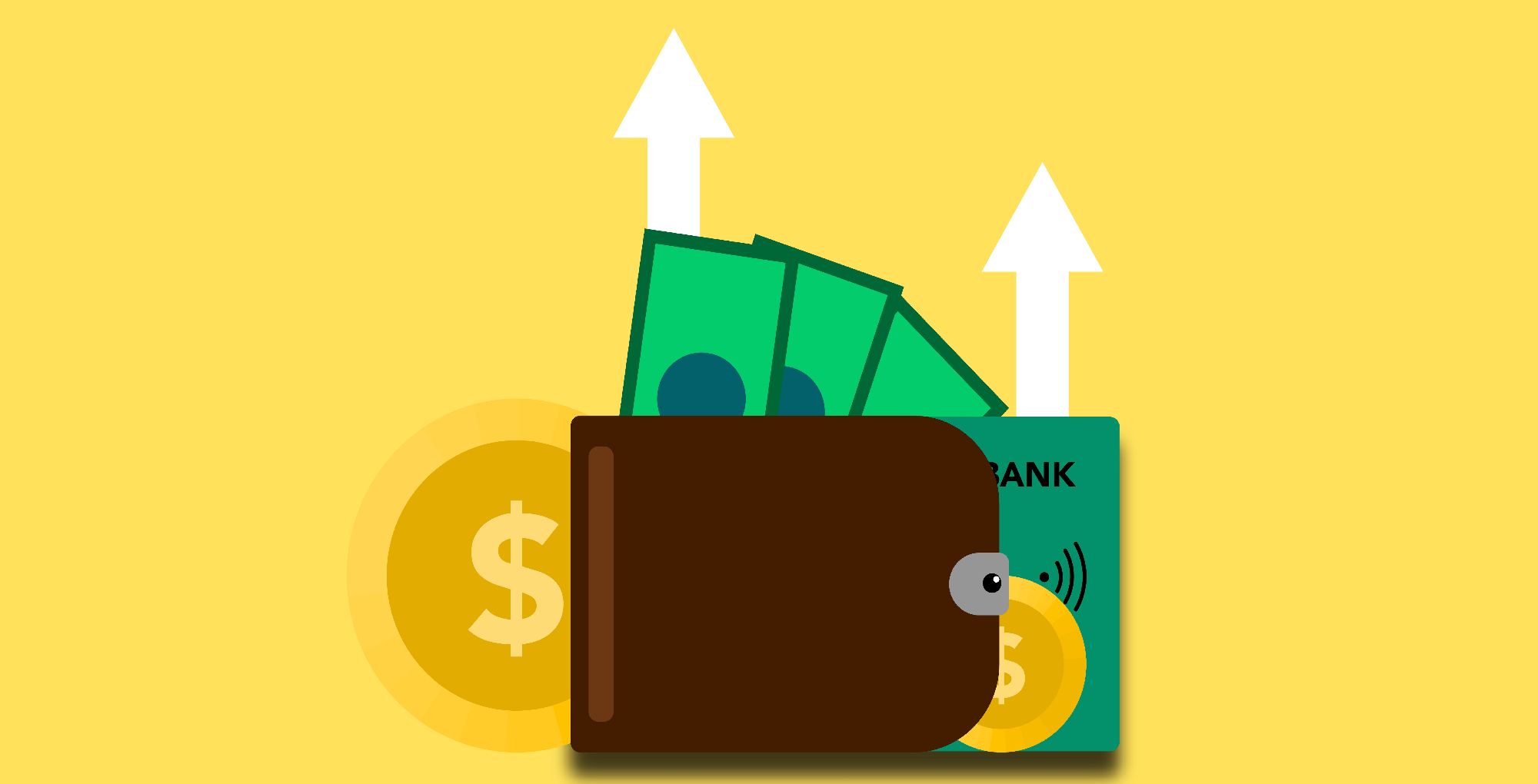Cryptocurrencies are by no means the same as traditional money, but many cryptoassets have value and can be used for trading, loans, purchases, and more. But if this is the case, does that mean cryptocurrencies can also affect your credit score? What exactly is the relationship between cryptocurrencies and your credit score? Should you be concerned about that? is there?
Relationship between virtual currency and credit score
If you have a credit card, have a loan, or use other types of credit (that is, money that isn’t technically yours), your credit score can be affected. there is. Your credit score lets others know how risky it is to lend you money. A lower credit score is considered a riskier borrower. If it is high, the risk is considered low.
Late payments on credit or loans negatively affect your credit score. But how do cryptocurrencies work?
Cryptocurrencies are a much more limited asset than traditional money and are accepted by far fewer vendors and banks around the world. Cryptocurrency loans are not as easy to obtain as regular loans, and cryptocurrency credit cards are much less common. However, these two services do exist.
This is where decentralized finance (DeFi) comes into play. DeFi is a cryptocurrency financial industry with access to many useful services such as exchanges, lending and borrowing platforms, and credit and debit card providers. If you’re interested in cryptocurrencies and use them on a regular basis, these DeFi services of his are a good choice. However, your credit score may be affected here.
How Do Cryptocurrencies Lower Your Credit Score?
If you use a cryptocurrency credit card, cryptocurrency can negatively impact your credit score in the first place.
Crypto credit cards allow you to use virtual currency funds to pay for real-world products and services. In other words, the card vendor takes your cryptocurrency and uses traditional funds to make purchases instead. Most crypto credit cards reward customers for usage. This often comes in the form of cryptocurrency cashback. For example, Crypto.com offers users up to 5% cashback on all purchases made with their crypto credit card.
Crypto credit cards also come with other features like staking and no annual fees. You can also link your crypto credit card to an exchange (depending on what type you’re using).
But beyond these allures, crypto credit cards are still just credit cards. This means that you are using credit to make the purchase, and that credit must be paid back. If you can afford it and haven’t run into financial troubles, this shouldn’t be a problem. As you probably know, paying off your credit early or on time is good for your credit score.
However, constantly failing to pay off your crypto card credits can get you into trouble. Not paying off your loan on time will, of course, have a negative impact on your credit score. This is just as true for crypto credit cards as it is for traditional cards.
But this scenario is not limited to just crypto credit cards.
In fact, using a traditional credit card can also cause problems with your credit score. For example, let’s say you’ve reached your credit limit to buy Bitcoin, but you’ve run out of money to pay it back. Whether you use this credit to buy Bitcoin, Ethereum, or a new pair of shoes, if you don’t pay it back on time, your credit score can drop.
Investing in cryptocurrencies always involves risk, but it can be even more vulnerable when investing with credit. After all, if you use borrowed money to buy a crypto asset, and then the price of that asset plummets, you’ve lost some of that borrowed money and still need to pay it back.
You should also be aware of crypto scams that can indirectly affect your credit score. For example, if you use your credit to invest in a cryptocurrency scheme and it turns out to be a scam, you could lose a lot of money. This can make it very difficult to pay back your credit and hurt your credit score.
How can cryptocurrencies improve your credit score?
Cryptocurrencies can also have a positive impact on your credit score. But again, this is only true if you are using credits to buy cryptocurrencies.
Late payments on credit can negatively affect your credit score, and this affects both. For example, if you have an encrypted credit card and regularly make early or punctual credit payments, your credit score may benefit from this.
Additionally, if you’re using a standard credit card to buy cryptocurrency, make sure to pay it off on time so your credit score will be rewarded. Again, this does not mean that cryptocurrencies directly affect your credit score. Regardless of what you buy, paying off your traditional credit card on time has a net positive effect on your credit score.
What if cryptocurrency doesn’t affect my credit score?
There are various examples where buying, selling and using cryptocurrencies have no effect on your credit score.
For example, if you use a debit card or bank transfer to trade cryptocurrencies, the cryptocurrencies themselves and how you use them have nothing to do with your credit score.
Additionally, your credit score will not be affected in any way if you take a cryptocurrency loan in the DeFi space. Again, this is because cryptocurrencies themselves are not tied to trust. The collateral you provide on your cryptocurrency lending platform will also be in the form of cryptocurrencies, not credits, so this will also not affect your score. Of course, this does not mean that crypto loans should not be repaid. Carelessness in this regard may lead to temporary or permanent bans from DeFi lending platforms.
Do not ignore the indirect link between cryptocurrencies and credit
If you’re interested in cryptocurrencies but also enjoy using credit cards, be aware of how the two interact. In many cases, cryptocurrencies will remain separate from credit, but there are scenarios, such as those described above, where this is not the case. Keep these things in mind to avoid having your credit score eroded by cryptocurrencies.




